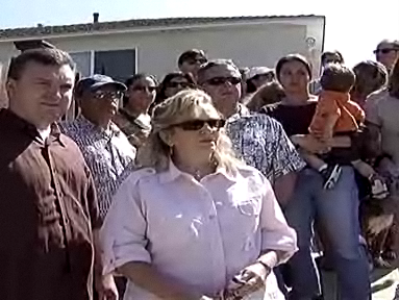Update (9/24/08): It seems that the Chronicle of Higher Education got wise to this story as well. Unfortunately, no mention of the article that started it all. Read their story here: Wired Campus: Neighbors Blame Microblogging for Wild Partying at Loyola Marymount.
The Westchester community is charging my dear university and peers for such vices as: drunkenly cussing at them, having sex on in their bushes and pissing on their lawns. Fair enough. I expect such behavior near a university and so should they.
Independently from the controversy, I wrote an article in the Loyolan about how micro-blogging will get you into parties. I still quite like the article. The idea is that you could more efficiently plan out your weekends by coordinating things with Facebook and Twitter. This is what I did in San Francisco and it lead to many new connections as I discovered parties I never would have otherwise attended whilst avoiding the charlie foxtrot of coordinating a hundred people.
The key here is that you could use it for efficient parties. Unfortunately for geeks like me, nobody actually does this in college.
But if you talked to a non-student you might think otherwise. A mention of my article was the sole appeal to the students in a remarkably journalistically irresponsible news story by KNBC about LMU parties in Westchester. This video actually features a policeman who doesn’t seem to know what a cell phone is, stating, “As soon as the 100-150 kids came out of the house, I saw all the things lighting up in their hands.” Then came a blog post by Living90045 (I suppose, as in “Martha Stewart’s Living” – what a laughable bunch of yuppies) which purported the same misconception. And then another from anonymous “westchester dad” – who won’t even put his name on a blog post.
Another shame behind these misconceptions is the same-old whine from curmudgeons: “I don’t understand technology! Get me out of here! Give me back my AOL!” Think about it for a second, Westchester. Wouldn’t you rather have people privy to every party and get-together in the neighborhood – spreading students broadly – instead of seeing 500 kids crash the single frat party that has a monopoly on party word-of-mouth? Once a party gets rolled by the cops, would you rather have the students quickly find something else to do or wander around on the sidewalk outside your home?
But all this feedback is fantastic. Maybe this will catch on and students will actually use it. Read the article to get a good rundown of how to party with microblogging.
